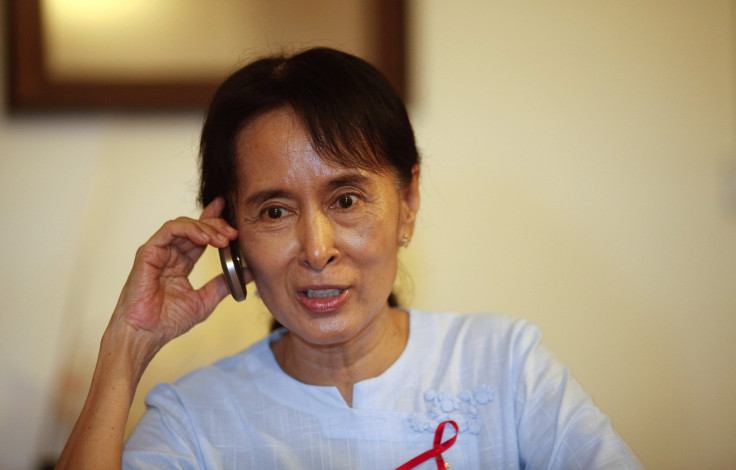Myanmar's Telecom Bidding War Winners Announced - Norway's Telenor And Qatar Telecom Will Be Granted Licenses In September

The results are in for what is to be the largest foreign investment in Myanmar’s new, open economy: Norway’s Telenor (STO:TELO) and Qatar Telecom were awarded the coveted licenses to provide telecommunications services to Myanmar, where more than 90 percent of the population does not currently own a cell phone. The runner-up, to step in if the winners fail to meet postselection requirements, is a partnership of France’s Orange and Japan’s Marubeni Corp.
Yesterday it looked like the winners would not be announced according to plan, when Myanmar’s lower parliament voted to delay awarding the licenses until a new telecom law that incorporated regulations from the old military regime, could be passed, according to Asia News Network. Fortunately, without an order from President Thein Sein, the parliament was deemed to lack jurisdiction, so the Bidding Committee for Telecom Operators went ahead and announced the winners today.
Telenor and Qatar Telecom were each awarded a 15-year wireless license, effective in September, and will need to launch services within nine months from that time. The companies have five years to provide voice services to three-quarters of Myanmar and data services to half, Reuters reported.
The building of telecom networks will bring a major technological advance to one of Asia’s poorest countries. Myanmar’s mobile penetration rate is lower than North Korea’s, and the country still frequently suffers from electric outages.
Myanmar currently has two state-owned telecom companies, but the networks are in poor condition. Telenor and Qatar Telecom will have to work hard for their potentially lucrative contracts and build their presence in the country from the ground up.
Telenor, a state-owned Norwegian company with operations in 11 markets and 150 million customers globally, has not revealed how much it will invest in Myanmar, but it has run a strong marketing campaign to build its brand. The company has operations in Thailand and Bangladesh.
"We have established leading mobile operations in five dynamic Asian markets and today's announcement underscores the continued success of Telenor's strategy of delivering accessible and affordable mobile communications services," Sigve Brekke, head of Telenor Asia, said in a statement, according to Reuters.
Qatar Telecom, the Middle Eastern country’s national telecom company, pledged the largest sum – $15 billion – among the bidders. The company currently has operations in 17 markets across the Middle East, North Africa and Asia. It plans to reach 90 percent of Myanmar’s population within two years, by building 10,000 base stations in the country, much faster than the government’s timetable.
To some degree, the companies’ operations in Myanmar are not without risks, as the country still lacks regulations for the telecommunications sector. There are speculations that the government will unfairly favor the two existing state-owned companies that have kept cell phones inaccessible to the populace thus far.
The parliament’s last-minute attempt to block the announcement of the winners gave rise to additional concerns. The bill, which is still passing through parliament, would have required bidders to partner with domestic companies, which would have taken both Telenor and Qatar Telecom out of the competition, according to Reuters.
"These issues could have been raised and addressed with the government much earlier in the process," said Marae Ciantar, a lawyer with the Singapore-based firm Allens, which has advised international telecom companies seeking to invest in Myanmar.
The bid process and the government’s subsequent cooperation with the winners will be monitored by investors worldwide as an important test case, as the government embarks on economic and political reforms, Asia News Network reported.
© Copyright IBTimes 2025. All rights reserved.




















